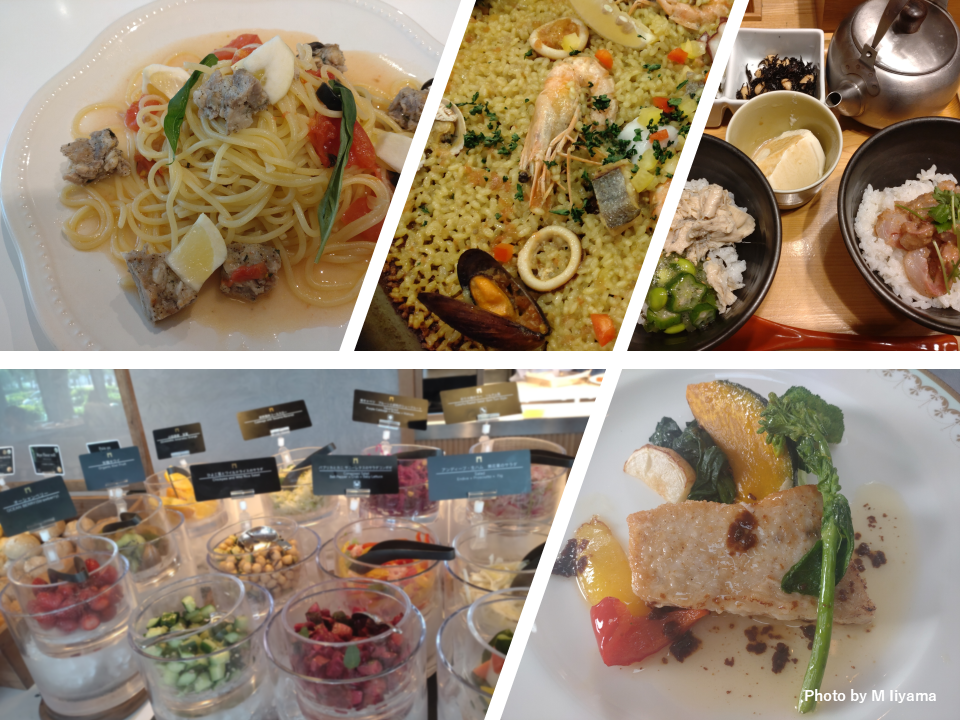Pick Up
1279. Sustainable Gastronomy and Food Systems

1279. Sustainable Gastronomy and Food Systems
June 18 is Sustainable Gastronomy Day.
The idea behind sustainable gastronomy is that it should be shaped by agriculture, fishing, and cooking methods that reduce the impact on natural resources, minimize harm to the environment or health, and can be continued into the future. Furthermore, it means cooking that takes into consideration where and how the ingredients used in cooking are grown, how they are transported to the market, and finally, how they reach our tables.
To understand sustainable gastronomy, it is necessary to consider food production and consumption from the perspective of the connection and system between biodiversity, water, and climate change (planetary health), and food and health (human health). In fact, in this age of globalization, there are more obese people than hungry people among the world's 8 billion people, one-third of the food produced is lost or wasted, and the process of producing that food is considered to be the biggest cause of land use change, freshwater use, and biodiversity loss. It is recognized that the realization of sustainable gastronomy requires a food system perspective.
One of the causes of unsustainable diets is the problem that under a market economy, prices often do not reflect the environmental burden, and resources are exploited beyond a socially desirable level. This results in a situation where the pursuit of short-term profits in food production is not paying for the medium- to long-term goals of biodiversity conservation and climate change mitigation.
In order to supply healthy food to the world population, which is expected to reach approximately 10 billion by 2050, while maintaining biodiversity and mitigating climate change, it is essential to minimize trade-offs and maximize synergies. Behavioral and societal change is necessary for consumers to choose healthier diets with less environmental impact and to reduce food loss and waste. However, in reality, a balance must be struck between ensuring access to safe and affordable food for all consumers and enabling producers to maintain their income. To feed a growing world population with less environmental impact, innovation is needed to achieve sustainable agricultural intensification.
Contributor: IIYAMA Miyuki, Information Program
